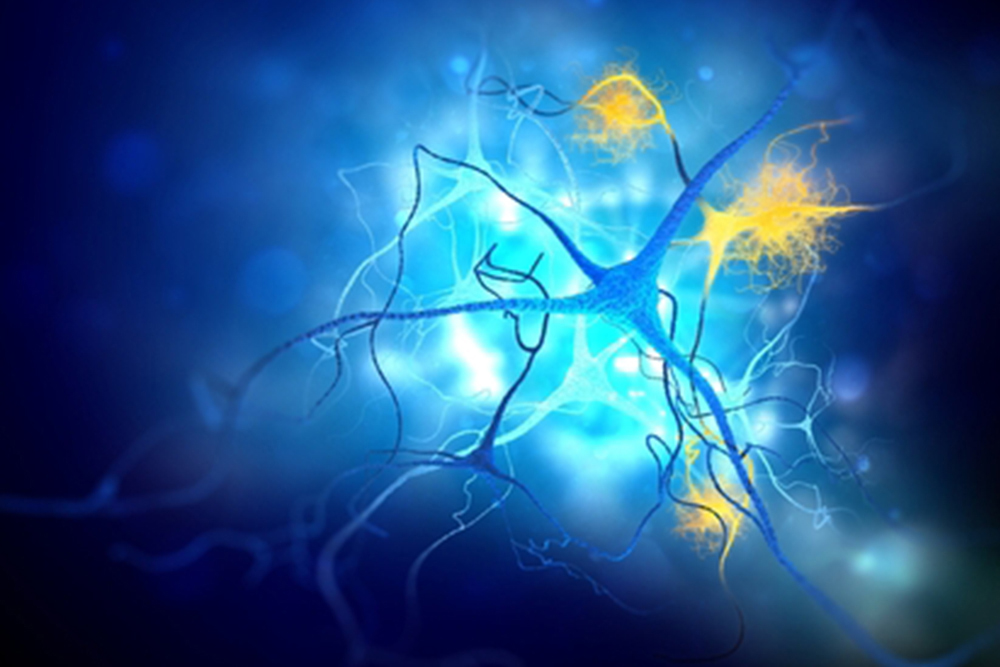Researchers explored the relationship between psychotic disorders and cannabis use through genetic analysis, aiming to elucidate potential shared genetic risk factors. Utilizing genome-wide association data from various cohorts, researchers examined the genetic association between psychotic disorders (such as schizophrenia and bipolar disorder) and cannabis phenotypes (including lifetime cannabis use and cannabis use disorder). Findings reveal positive genome-wide genetic correlations between psychotic disorders and cannabis phenotypes, with shared genetic loci identified. Enrichment analysis implicates neuronal and olfactory cells, as well as drug-gene targets for substances like nicotine, alcohol, and duloxetine. Additionally, causal analyses suggest that psychotic disorders influence cannabis use, and vice versa, indicating a complex interplay between genetic predispositions and environmental factors.
These findings underscore the importance of public health initiatives targeting cannabis use, particularly in individuals at heightened risk or those already diagnosed with psychotic disorders. Moreover, the identification of shared genetic loci and their functional implications may inform the development of novel treatments aimed at mitigating the risk or severity of psychotic disorders associated with cannabis use.
Reference: Cheng W, Parker N, Karadag N, et al. The relationship between cannabis use, schizophrenia, and bipolar disorder: a genetically informed study. Lancet Psychiatry. 2023 Jun;10(6):441-451. doi: 10.1016/S2215-0366(23)00143-8. PMID: 37208114; PMCID: PMC10311008.









